The lawsuit alleges that Omnitrax allowed tracks leading to the isolated community of Port of Churchill, Manitoba, to fall into disrepair after flooding washed away portions of the tracks. If proven in court, it would mean that the railroad violated terms of a 1997 purchase contract that stated that the government would pledge $20 million towards Omnitrax upgrading the line by 2019, and that the federal and Manitoba provincial governments would be entitled to the return of those funds if Omnitrax sold, abandoned, or stopped service on the line before 2029.
Though the railroad is the far northern community’s primary year-round means of importing goods, Omnitrax has argued that the recent flooding amounts to a force majeure preventing them from fulfilling their contract, and that federal changes to the way grain is shipped make Ottawa partially culpable for the cessation of service to Port of Churchill. The federal lawsuit came hours after Omnitrax indicated on Tuesday that it intended to file a Chapter 11 North American Free Trade Agreement claim against the Canadian government that alleged Ottawa sabotaged their efforts to repair the line. That provision allows private businesses to sue a government without going through that country’s court system.
“We believe we have exhausted all available options to facilitate the repair and transfer of the HBR, port, and related assets,” Omnitrax president Merv Tweed said in a statement to CBC Canada. “At every turn, our efforts have been stalled, obfuscated, or ultimately sabotaged by the federal government. We view this NAFTA claim as a last resort.”
In the meantime, the loss of rail service has caused the price of basic goods in Churchill to skyrocket. The community is inaccessible by road, and the only alternatives are to ship supplies by air or sea.
“Since the closure of the rail line, which falls under federal jurisdiction, our government has focused primarily on the safety and security of the community — mainly with respect to critical supplies of food, propane and other fuels,” a spokesperson for the Manitoba government said in a statement to CBC Canada.
Churchill Mayor Michael Spence and local residents support One North, a partnership between local municipalities and First Nation councils to buy the rail subdivision and operate it on their own terms — a proposition that could yield long-term benefits as climate change makes the area more favorable to development.





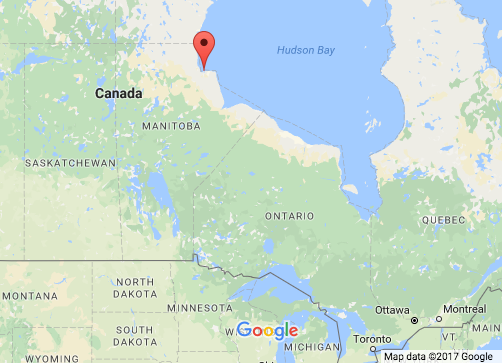

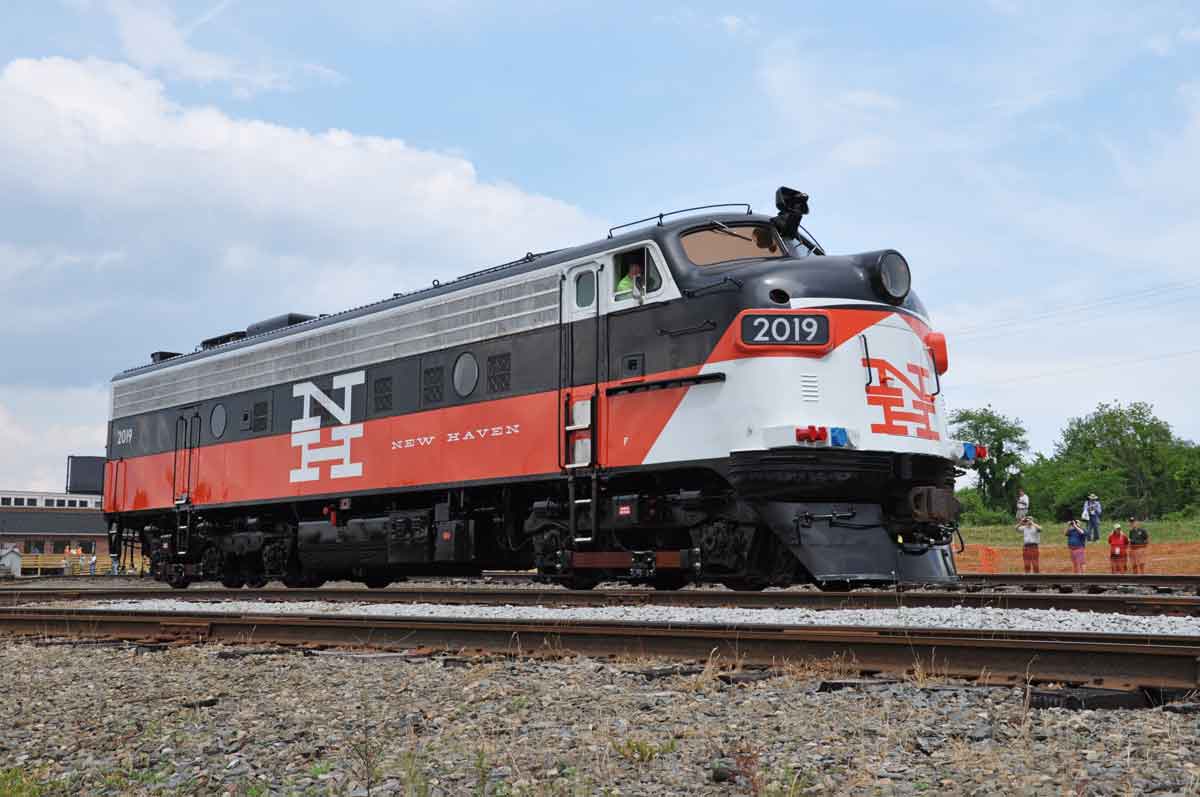
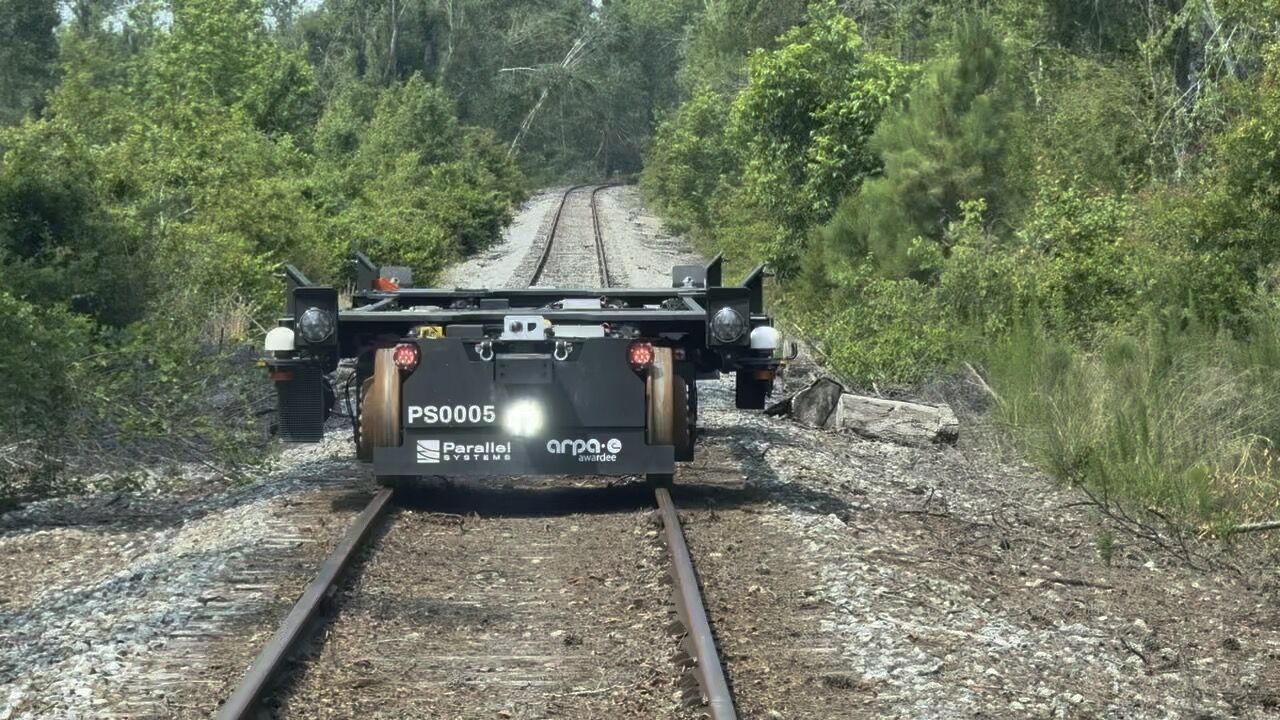
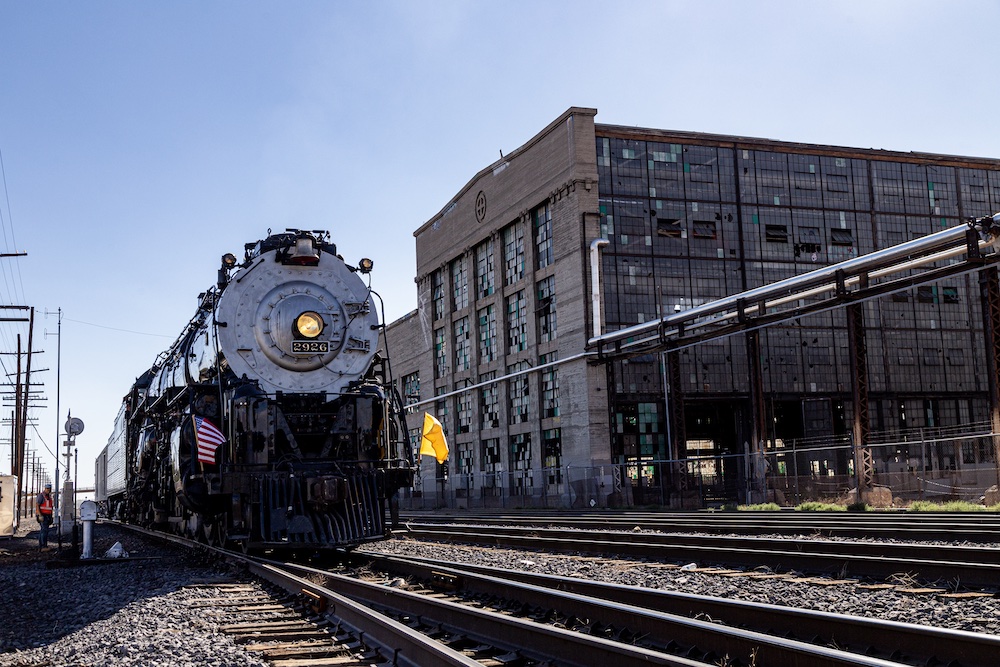
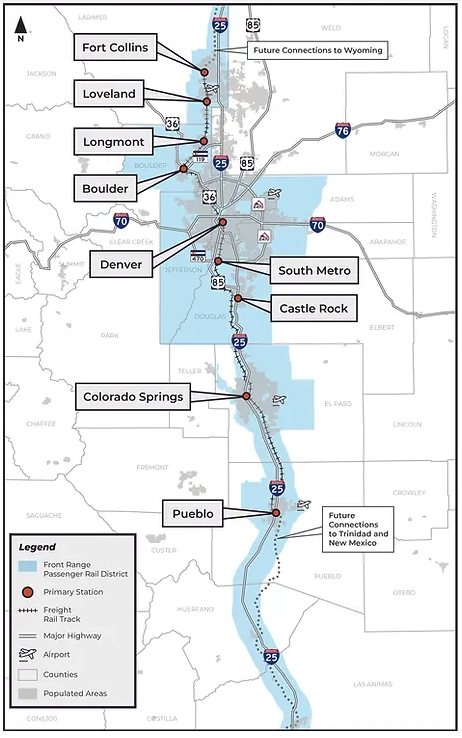




Andrew Craig I am going to assume your an American and not a Canadian by your lack of knowledge of Churchill and the line to it. First off Canada’s north isn’t a barren wasteland. There are communities up there that depend on that line. Communities from the size of The Pas to small First Nations communities. Secondly Churchill is Canada’s only deepwater northern port and could very well, if allowed to, become the key to travel through the Northwest Passage and a kick off point for supplying our Arctic communities
Think about this for a minute: If the Churchill rail line were a highway instead of a railway, and that highway was badly damaged or even completely destroyed by flooding, I’d be willing to bet the farm that the government would find the money to fix it.
Regards,
Fred M. Cain
I agree with Braden that Hudson Bay does not need a port. In fact that entire vast bleak and barren area should be out-of -bounds to human habitation. It must have an international protected status to ensure that threatening polar bears can still exist in the next decade. That rail line should of never been built in the beginning to Hudson Bay when it will always become a money losing operation due to its vast distance through rugged terrain. Human habitation always should been clustered closer together that transportation services are profitable with continuous neighboring larger cities and larger wilderness protected areas to restrict human access. Vast smaller towns should fade away into new natural protected regions and are always subsidize from taxpayers expense
If it is true that the government took away the railroad’s principal source of freight business, i.e. grain, then it looks like they may have a case. Typical of government, make promises and then reneg. But, I think Mr. Kayganich is right, they never should have bought it in the first place. Born loser. Best let the government get stuck with it.
Typical OmniTrax, make a deal then reneg as soon as it gets inconvenient.
Omnitrax should’ve passed on this line. This was a loser from day one. Not mention there’s no need for a port on Hudson Bay